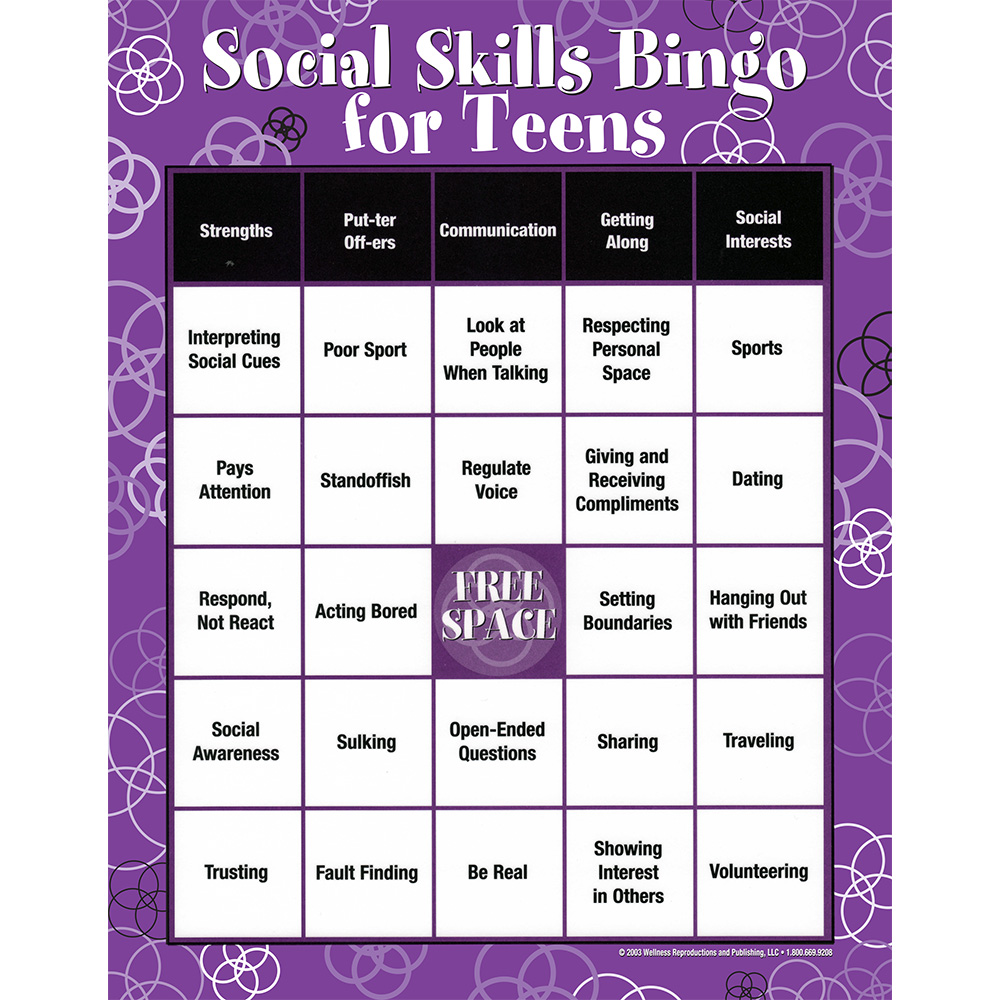
Have a plan B route in mind for if it looks like the group is travelling much slower than expected. Indicate if you think this is likely to be challenging for people with a low to moderate level of fitness. Give a description and, if available, a map of the proposed walk, including the exact meeting location, distance, expected time, and approximate elevation gain if the area is hilly. Walk or Hike: Going for a walk or hike can be ideal for naturally generating smaller two-person conversations, it is cheap, and is good exercise too! While many people like walking, some people may be hesitant to come if they don’t know how long, difficult or fast the walk will be, as it is never nice to feel left behind, or feel like you are struggling to keep up. Some EA groups have arranged activities that are not EA related, but can be a great way for members to get to know each other outside the context of EA (or have conversations about EA topics they're interested in.

See our Gatheround Guide for more information. If you're running a virtual event, Gatheround can be a great way to set-up one-on-ones. )įor more casual events, try this list of Would You Rather questions from EA HarvardĮA Graz has also done what they call a gratitude circle where people express one thing they are grateful for that particular day. (They recommend using a random number generator.

Here is a list of 67 questions that you can choose from.ĮA Vanderbilt has a list of 300 Icebreaker questions, and a document with a few more minor details. While many people are happy to chat away without prompts, it can be nice to have a few suggested questions that can get people started. While retreats often have 20 or 30 minute long conversations, for shorter events you may wish to have shorter times. These conversations can be arranged in regular social meetups if you don’t have the luxury of a retreat. One-on-one conversations between community members are often the highest-rated parts of EA retreats (as reported by London and New Zealand retreat attendees). Those new people would have gotten a more accurate picture of EA during their first event.” In this situation, it would have been better to have some structure to the social event. I attempted to guide their conversations a bit, but it came off a bit forced. Several of them talked to each other about quite ineffective altruistic topics, probably thinking all along they were learning about EA. If you’re concerned about meetings getting formal, kick off with a casual activity to get everyone relaxed and familiar with each other.Īn anecdote from one organiser: “I ran a casual picnic with no structured conversation, and half the people that turned up were unfamiliar with EA. Running these is fine, but it’s best to run some structured social events as well. Unstructured socials require less organisation and allow people to talk about whatever they like. You think a structured meeting would be more productive than an unstructured one Your group has people who dominate conversations You are expecting people who are new to EA Some structure is ideal in situations where: Having a structure to your social event gets conversations flowing and helps people to get to know each other. Should my social be structured or unstructured? ĮA London analysed the gender split of their events and found that their social events were male-dominated while other events (talks, reading groups) were gender-balanced, so it is worth considering whether your social events are appealing to a diverse group of people interested in EA. Check out the Communicating about EA section for ideas on what to say in an introduction, or choose one of the short introductions to EA. If you are expecting people who are new to EA to come along to your social event, it is helpful to give a short introduction to EA - either to the whole group, or invite new people to chat with some experienced members of the group to give them an overview. Hosts should join people who are sitting by themselves, or who are listening but not contributing to the conversation, and make them feel welcomed. Social events are often more comfortable for people who already know each other, and can be less fun for new people, or people who are less confident conversationalists.


Social events can also teach people about EA concepts, but many group members choose to use socials as a way to get to know each other outside of the context of EA. The goal of social events is often to facilitate connections and feelings of community among group members.


 0 kommentar(er)
0 kommentar(er)
